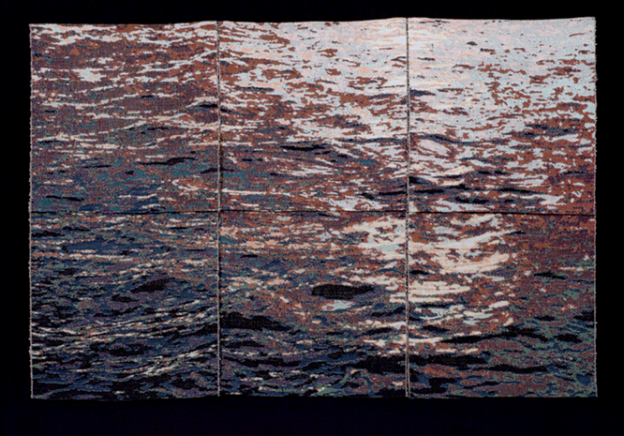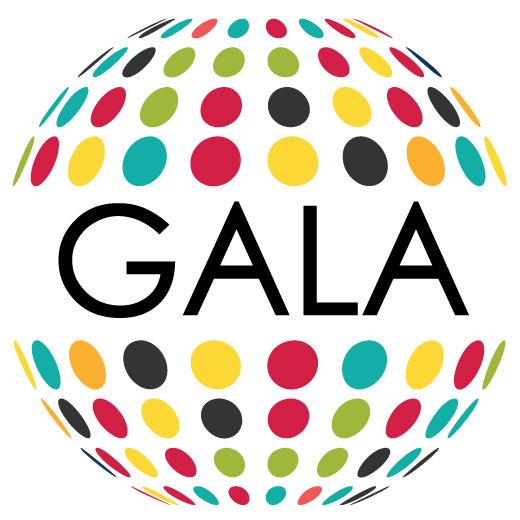
Rebecca McGuire-Snieckus
Water, water everywhere
Posted on June 29, 2015

Our vision was that we would engage our students in the theme of lost waters via our respective disciplines, having the students ask how artists, writers, planners, and public history are grappling with water – one of the world’s greatest, and most threatened resources. Our strategy has been to develop our respective courses over the coming year, and link these courses, and our students, via a collective digital platform, where we will archive learning resources and outcomes. We have an informal network of nine instructors in four universities, who are developing course content and research resources that will be shared, ultimately, in several ways. First, we’ve recently received an invitation from Dr Jones to create profile pages for our projects on his Hydrocitizenship website, and second, we have an invitation from the University of Stockholm to participate in a conference and workshop about the project in the coming year. More specifically, the courses that engage students in the theme of water have begun or are being planned as we speak. At the University of Stockholm in fall 2014, for example, Dr Claudia Egerer invited renowned scholar, Dr Stephanie LeMenager to give a series of seminars on “green humanities” – these talks were filmed and will be made available online as resources for Lost Waters participants in other institutions. This kind of initiative helps to develop cross-disciplinary interest and networks at a fraction of the cost of having the speaker travel to each destination in the network. We encourage students to engage with their sites of research and discovery through direct action and virtual connection with student projects in other institutions. And this is a key concern for the professors who are involved in the Lost Waters project. Not only are we dealing with real-time, crucial issues, we are giving our students the opportunity to enact their own creative and critical responses to these issues. Our hope is that through the courses, projects, and the shared digital platform, our students will gain a stronger sense of their agency and implication, not only in a global academy of liberal arts, but also in a global world that requires creativity and courage in equal measure. Project update by Cynthia Hammond at Concordia. To get involved in the Lost Waters project contact: Carol Long, SUNY Genesco, long@geneseo.edu Image produced by Kelly Thompson, one of four faculty members at Concordia who initiated a working group called “Waters Lost and Found” to invite graduate students from art history, architectural history, studio art, and interdisciplinary studies, to join in a conversation about the emotional geographies of water, cities, and landscapes and how these relate to questions of social ecology, environmental justice, and creative practice. Image captured as Kelly just disembarked from a three-week journey by container ship, from Charleston, USA, to Auckland, New Zealand.


Responses